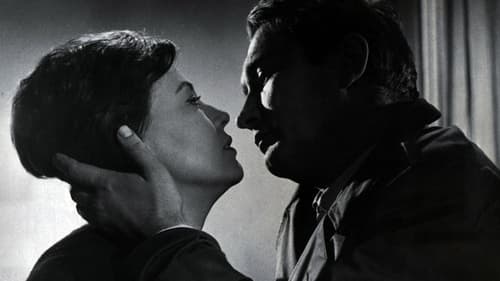
Novel
September 1945. The new communist authorities go into the church, hang the flag of the Party and paint over the old frescoes, but each time the frescoes miraculously return. A stranger comes to town and works miracles; the townsfolk are convinced he is the Messiah. Director Paskaljevic cut his TV miniseries, based on the novel by Borislav Pekic, to feature film length.

Writer
World War II finally reaches a Yugoslavian lake, where a lifeguard shelters a refugee and her son.

Adaptation
Zivorad, unassuming young man from the village, is 'pushed' from his uncle to high positions, becoming a police inspector who is looking for hashish, a scientist, a man who rises agriculture land and whatnot...

Adaptation
In a small railway station a group of building workers are organized by a man called Jakov to travel to Germany for work. In the meantime, local bar owner Kurjak is getting a visit from his son first time after three years.

Writer
The young man, originally a Jew, is deeply burdened by the consequences of war, in which he had lost his loved ones. He is considering himself mandatory to take revenge to former commander of the concentration camp where his family was killed, and who returns from prison after serving the minimum sentence. Coincidentally, planned revenge takes a different turn.

Lekar (uncredited)
Farcical comedy about an apartment which is shared by a couple of families plus their relations.

Writer
Farcical comedy about an apartment which is shared by a couple of families plus their relations.

Writer
The topic of this routine, romantic drama is a little unusual - it concerns what some prisoners do when they are allowed out of jail for two weeks before their sentences are up. Rather than receiving some special dispensation, it turns out that in Yugoslavia this was the custom. Most of the time, the men here are engaged in pursuits that forward their relationships with the fairer sex, as might be expected after a long and lonely incarceration. There is nothing particularly profound about their two weeks of liberty, and no deep message in the tale.







